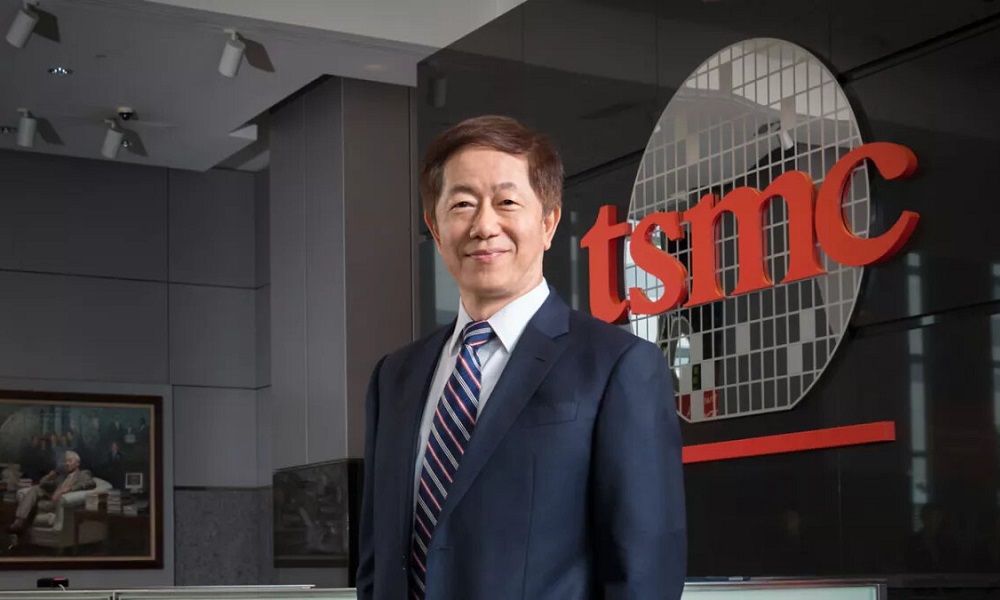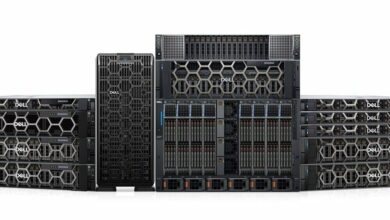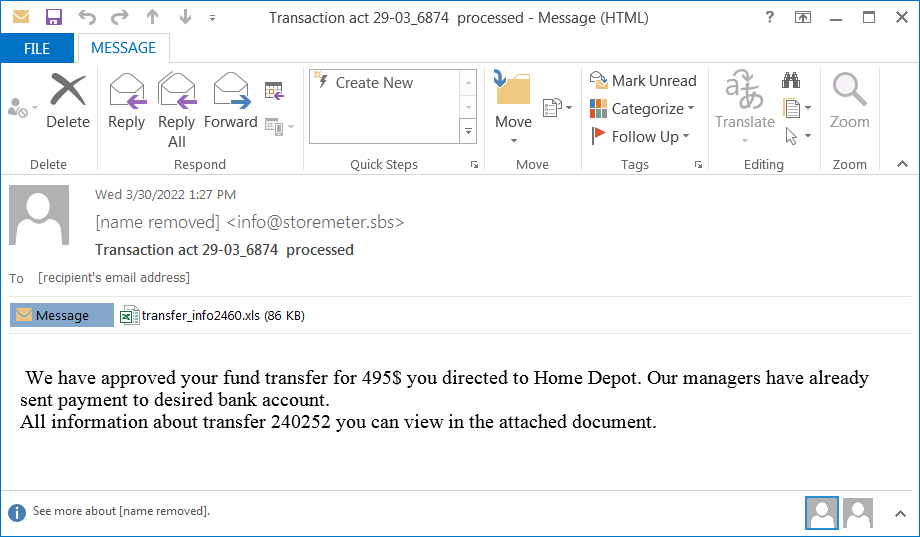
TSMC long ago embarked on a clear expansion drive to bring its factories to the United States, and we know the Taiwanese company could build, too. its first plant on German soil, as long as the negotiations come to fruition, something that is more complicated than it seems because of the large amount of money needed to establish a semiconductor manufacturing plant.
These movements are very important because reduce dependence on the plant located in Taiwan, an area that some fear will end up being the target of a future armed conflict, or that it will suffer an intervention by China that will end up having unexpected consequences. They also make it possible to manufacture state-of-the-art semiconductors locally, and generate employment and wealth in the country where they settle.
However, companies like TSMC are used to a work culture that in Western territory could be described as “brutal”. The evaluations that the company is receiving from former and current workers, on US soil, are not good at all and they describe the treatment and the working hours just that way, as brutal. Compared with other companies in the sector, such as Intel, which obtains a positive assessment from 85% of its employees, the Taiwanese company barely reached 27%.
Among the most common complaints are 12 hour work days, weekend shifts and a huge imbalance between work and personal life. One person even said in his assessment that he saw employees sleeping in the office for a month uninterrupted.
TSMC CEO Mark Liu is very clear, the work culture they profess has nothing to do with that of the United States, and literally said that those who are not willing to accept shifts (overtime) should not form part of the industry, since this field It’s not about attractive salaries, but a passion for semiconductors is essential.. In other words, although the salary may be very good, you have to be willing to sweat it at a level that not everyone would be willing to accept.
Since this information jumped, the average approval of TSMC It has risen to 59%, something that is very curious and that could be the result of forced positive evaluationssince such a large margin for improvement in such a short time does not make sense when the CEO himself says that “it is what it is”, and that if you do not like it, the door is there.



